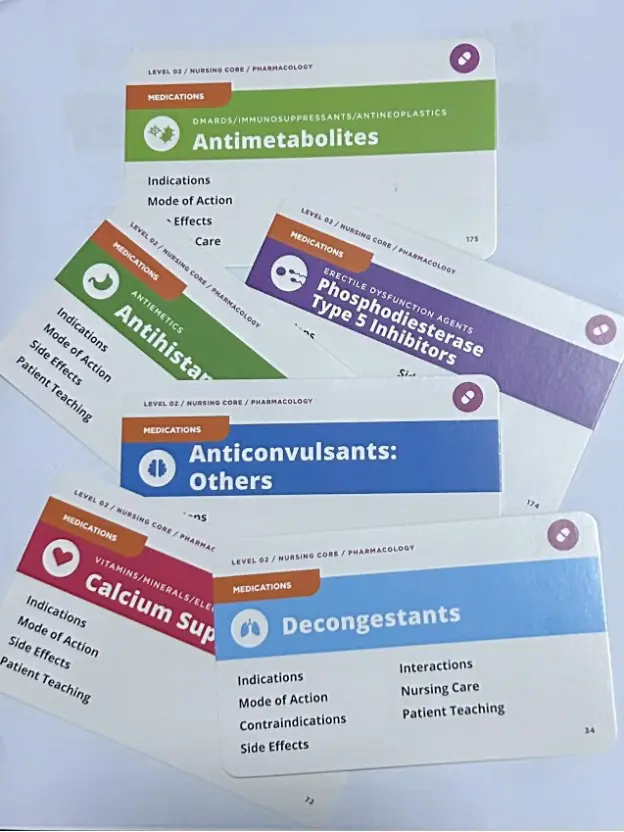Myths and misconceptions arise where education has failed to enlighten. And when it comes to mental illness, many people hold on to misconceptions about certain conditions, how they impact the patient, and whether treatment is truly effective.
In the case of schizophrenia, many people are surprised to learn that this condition is not an old-age disease, but one that typically affects young people between the ages of 16 to 25. Pop culture (like movies and TV) have done a lot to entrench misconceptions about this condition by portraying people with schizophrenia as dangerous or unable to function normally in society. Have you perhaps inadvertently bought into some of these myths?
Schizophrenia effects over 300,000 Canadians. Test and expand your knowledge by learning more about this often misunderstood illness:
Most Patients Are Not Violent
There is a common misconception that patients with schizophrenia are perpetually violent and prone to aggression. It is true that delusions and hallucinations can sometimes lead to violence; however, each patient experiences schizophrenic episodes differently. Some many only ever experience a few episodes and otherwise lead a normal life, while about 25% of those diagnosed with schizophrenia will experience reoccurring episodes.
Schizophrenia is Believed to be Caused by Stress
Studies have found that high maternal stress levels during pregnancy increase the chances of the child developing schizophrenia later in life. This is because stress increases the mother’s production of the hormone cortisol – which then manipulates how the child will metabolize cortisol as he or she grows.
Other stress-inducing factors in pregnancy have been attributed to a child’s development of schizophrenia. These include pre-natal exposure to infection or virus, low oxygen levels during birth, early parental loss and childhood abuse.
Can Lead to Alcohol or Drug Abuse
While professionals with addictions worker training may be aware of this fact, many don’t realize that those with schizophrenia often turn to drugs and alcohol to self-medicate. Many also become heavy smokers – which is dangerous because cigarettes interfere with the effectiveness of schizophrenia medication. Alcohol and drug abuse have the potential to strain family relationships, making the schizophrenia patient more withdrawn and at higher risk of homelessness or suicide.
Other Conditions Can Mimic Schizophrenia
Taking a mental health worker program can teach an individual a lot about the characteristics of common mental disorders. While schizophrenia has some distinct symptoms and signs, a doctor’s diagnosis is needed to distinguish this illness from others with similar symptoms. For example, sometimes substance abuse can cause patients to show certain symptoms of schizophrenia, such as delusions and hallucinations. Medical disorders such as epilepsy and diseases involving the nervous system can also produce symptoms that mimic schizophrenia. Depression, multiple personality disorder or bipolar disorder may also be difficult to distinguish from schizophrenia without a doctor’s diagnoses.
It is Treatable!
While schizophrenia is not curable, it is certainly treatable with medication. Because each case of schizophrenia is different, it often takes many trial runs of different medications before finding the right fit for a patient. Graduates of a registered psychiatric nursing program know that it is important to have ample support for the patient during this trial and error period, as the side effects of the medication (dry mouth, drowsiness, and restlessness) can make the patient unwilling to continue treatment.
What misconceptions did you have about the symptoms and treatment of schizophrenia?






